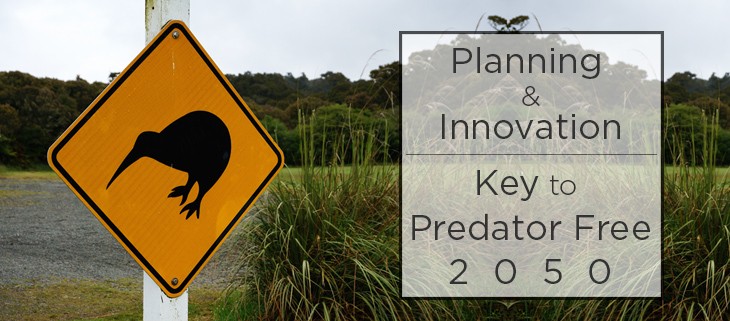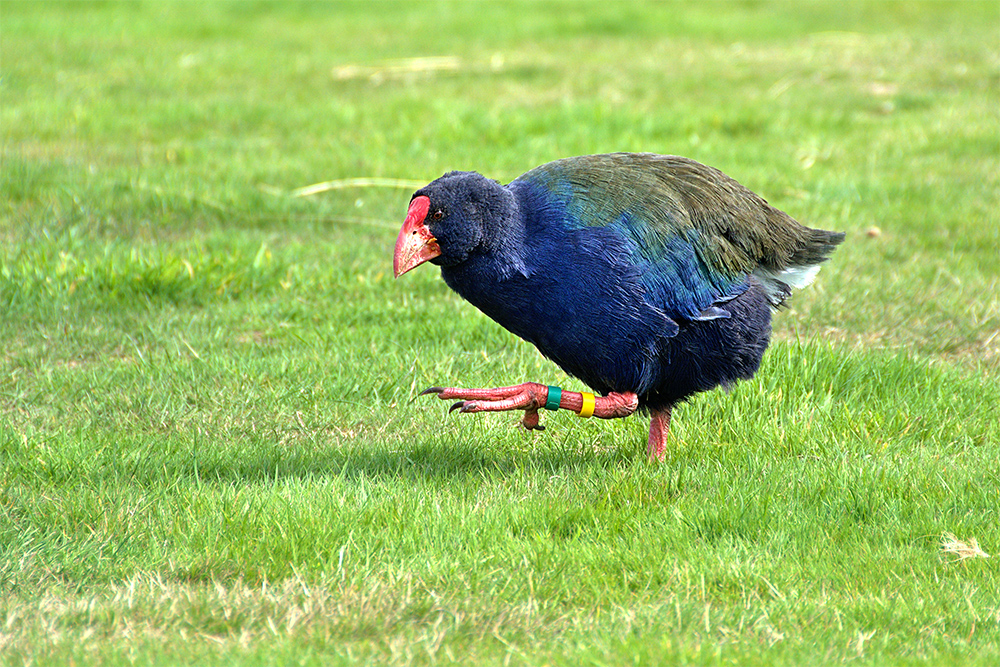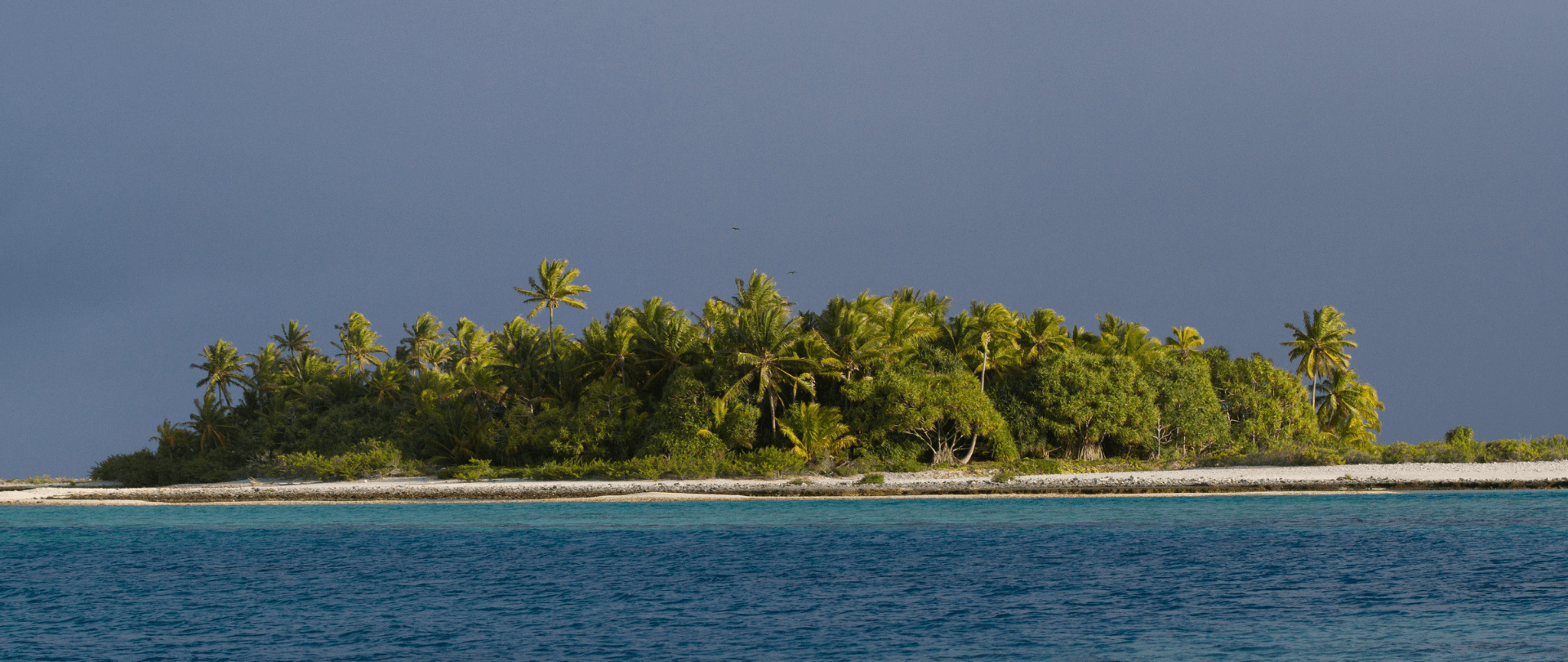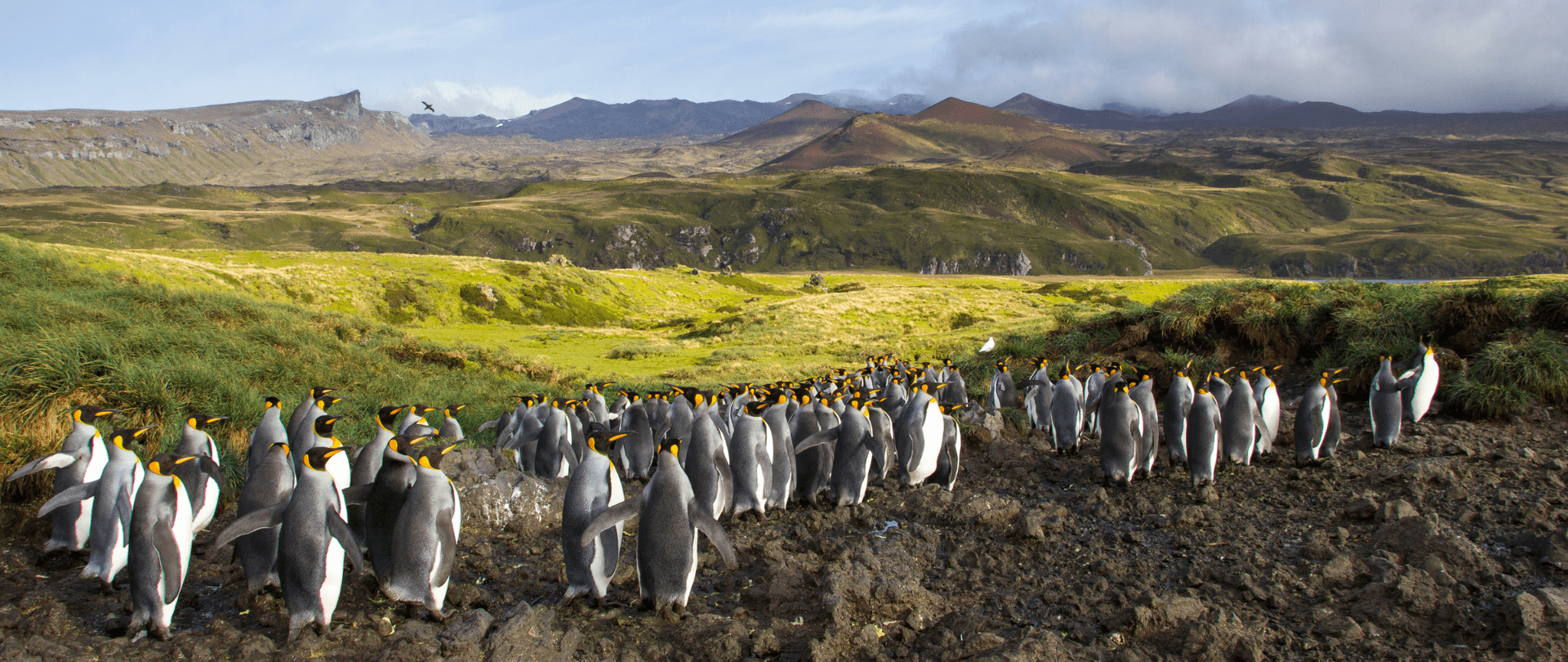The Ebiil Society: Champions of Palau
Ann Singeo, founder of our partner organization the Ebiil Society, shares her vision for a thriving Palau and a flourishing world of indigenous science!
Our new online shop is live!
Published on
January 17, 2017
Written by
Sara
Photo credit
Sara

New Zealand’s first invasive rat eradication took place on a one-hectare island in 1963. Half a century of experience and accumulated wisdom later, the country is rolling out Predator Free 2050, a plan to remove all invasive rats, possums, and stoats by 2050. Invasive species are a widely-recognized issue in New Zealand. The pests threaten native species, ecosystem functioning, agriculture, and the tourism industry.
New Zealand has come far in its pest-management abilities, but the invasive species continue to thrive at the expense of native species and national interests. Richard Griffiths, Project Director with Island Conservation pointed out, “With current techniques, it’s not feasible.”

To suppress the rise of invasive predators, the country will need to refine their methods and employ new technologies. Fortunately, new technologies are emerging and promise greater efficiency in the years to come. Planning well will be a significant part of the success of the program. Griffiths commented:
You generally have just one chance to get it right. So 90% of the work is planning and logistics.
With good planning and innovative breakthroughs, Predator Free 2050 could very well be a realistic endeavor. New Zealand has come far since it’s first-ever eradication in 1963; the future is bright for the dedicated and optimistic country, and for conservationists mitigating impacts of invasive species around the world.
Featured photo: Kiwi Crossing. Credit: Kristina D.C. Hoeppner
Source: Nature
Check out other journal entries we think you might be interested in.

Ann Singeo, founder of our partner organization the Ebiil Society, shares her vision for a thriving Palau and a flourishing world of indigenous science!

This historic agreement aims to protect the marine and coastal areas of the Southeast Pacific.

Our projects to restore key islets in Nukufetau Atoll forecast climate resilience and community benefits in Tuvalu!

Island Conservation and partners have published a new paper quantifying ecosystem resilience on restored islands!

Climate Week NYC: what is it and why is it important? Read on to find out why Island Conservation is attending this amazing event!

With sea levels on the rise, how are the coastlines of islands transforming? Read on to find out how dynamic islands really are!

Join us in celebrating the most amazing sights from around the world by checking out these fantastic conservation photos!

Rare will support the effort to restore island-ocean ecosystems by engaging the Coastal 500 network of local leaders in safeguarding biodiversity (Arlington, VA, USA) Today, international conservation organization Rare announced it has joined the Island-Ocean Connection Challenge (IOCC), a global effort to…

Island Conservation accepts cryptocurrency donations. Make an impact using your digital wallet today!

For Immediate Release Conservation powerhouse BirdLife South Africa has joined the Island-Ocean Connection Challenge (IOCC) – a global initiative aiming to restore, rewild and protect islands, oceans and communities – to support its work to save internationally significant albatross populations…